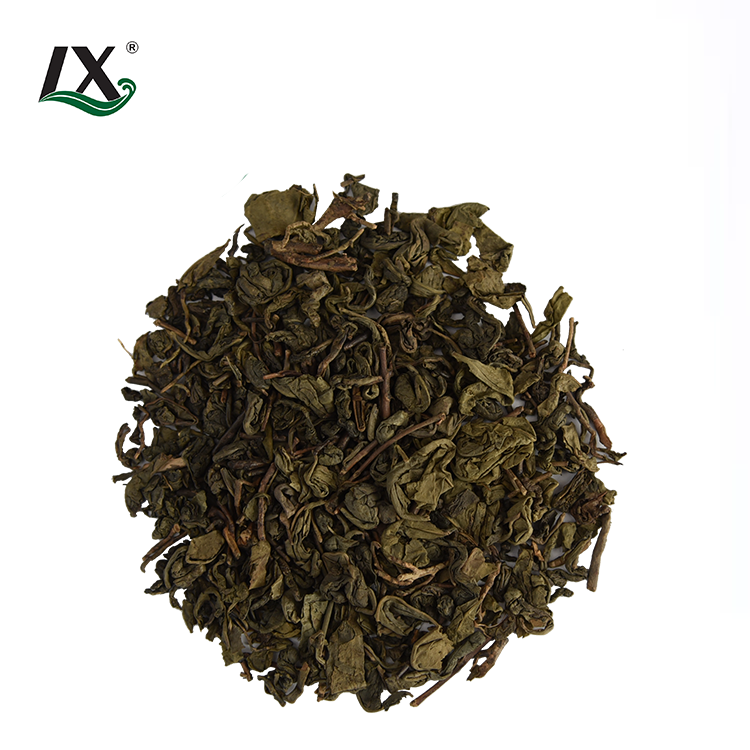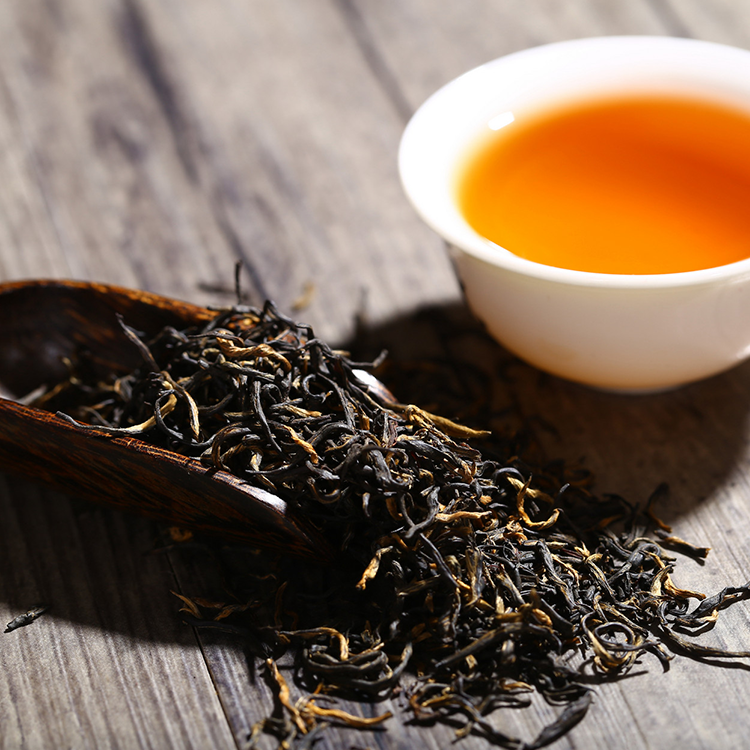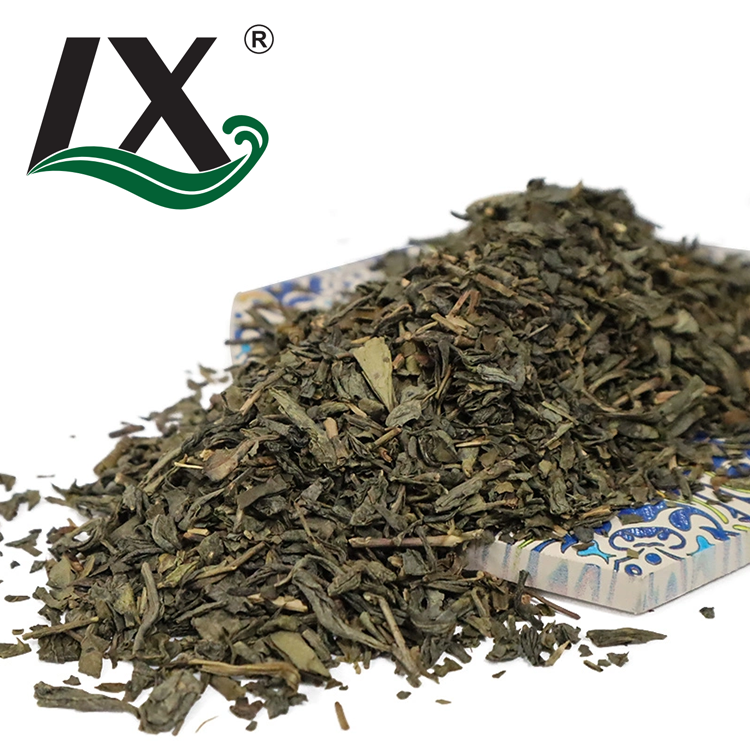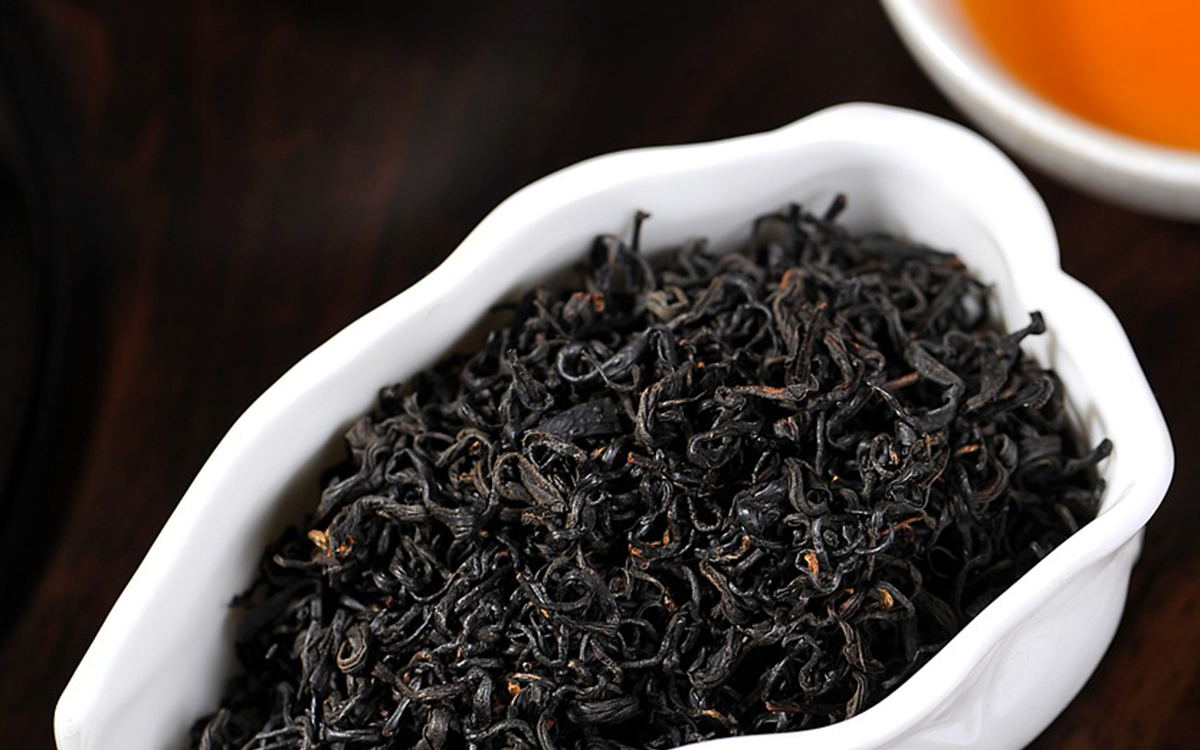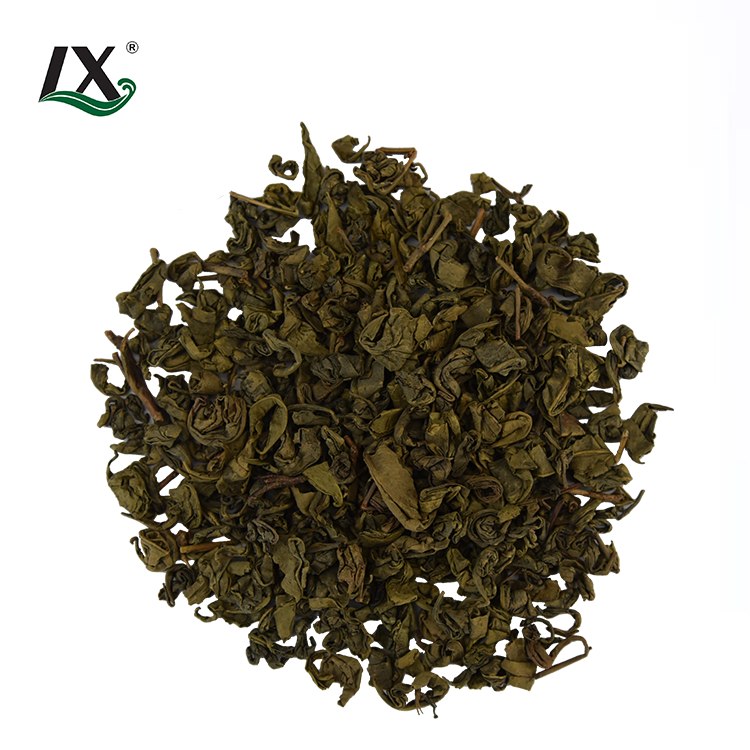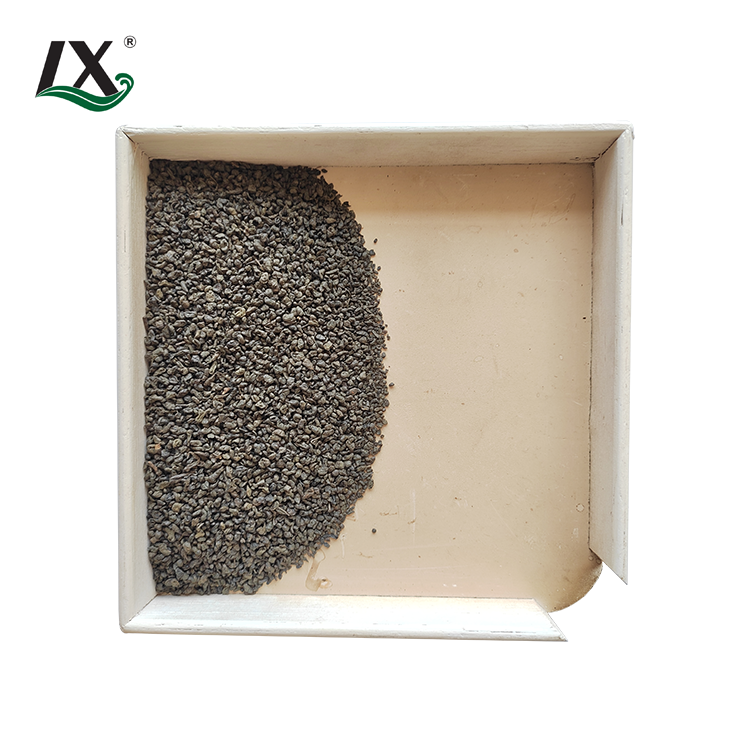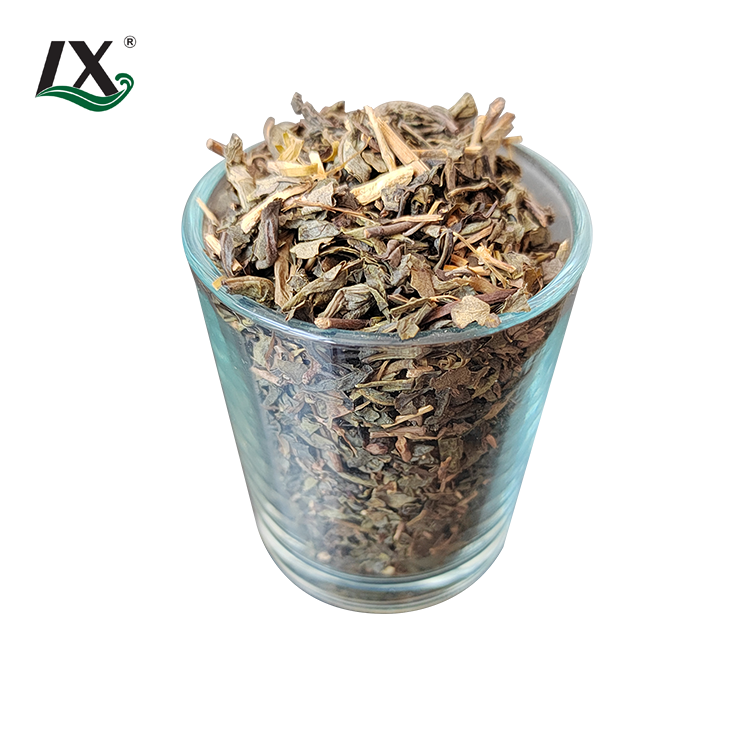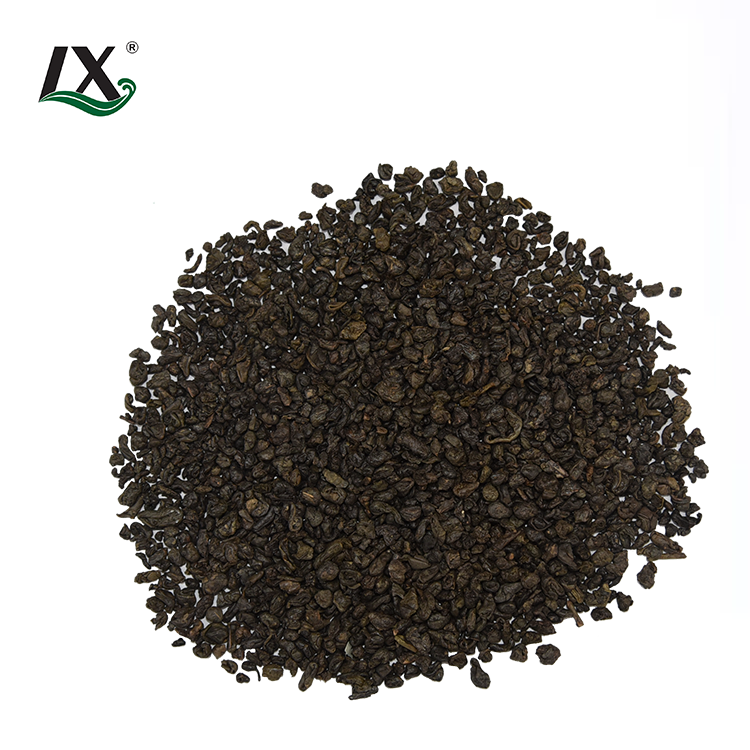Why Organic Tea Bags Wholesale Are the Future of Tea Retail
In recent years, the consumer landscape has shifted dramatically towards more mindful and health-conscious choices, leading to a rise in the demand for organic products. Tea, as one of the most popular beverages globally, has not only experienced a shift toward organic offerings but is now also influenced by trends such as environmental sustainability and wellness. The wholesale distribution of organic tea bags is quickly becoming a key factor in the evolution of the tea retail industry.
The Growing Popularity of Organic Products
The global organic market is expanding rapidly, with consumers now more than ever making informed decisions about the foods and beverages they purchase. According to the Organic Trade Association, organic food sales in the United States alone reached over $60 billion in 2022, and this trend is expected to continue growing. This increasing demand for organic products spans various sectors, including the food and beverage industry, personal care products, and even household goods. Organic tea, in particular, has benefited from this shift, with consumers seeking healthier and more sustainable options. The rise of organic tea bags wholesale is directly tied to this growing market demand, allowing retailers to meet consumer expectations for organic options at competitive prices.
1. Health Benefits Driving Demand for Organic China Green Tea
One of the primary reasons for the growing preference for organic tea is the belief that it offers a healthier alternative to conventional tea. Organic tea is cultivated without synthetic chemicals, pesticides, or fertilizers, all of which can leave harmful residues on the final product. With concerns about chemical exposure, including potential links to health problems such as hormonal imbalances, neurotoxicity, and even cancer, more consumers are turning to organic products for peace of mind.
For tea lovers, this translates into a product that is perceived as safer and more natural. Organic China green tea, for example, is produced in controlled environments where farmers use natural methods of pest control and fertilizers, ensuring that the final product is free from harmful chemicals. This commitment to purity makes organic tea an attractive option for people who are conscious about the long-term impact of chemicals in their food and beverages.
Beyond avoiding chemicals, organic teas are often seen as containing higher levels of antioxidants, vitamins, and minerals, making them a nutritious addition to one's diet. Green tea, especially, is renowned for its high levels of catechins, which are potent antioxidants linked to various health benefits, such as improved cardiovascular health, enhanced brain function, weight management, and anti-inflammatory properties.
2. Better Taste and Higher Quality
Another key reason organic tea is gaining traction is the belief that it tastes better. Many tea connoisseurs argue that organic tea leaves, grown in fertile and chemical-free soil, deliver a richer, more authentic flavor than conventionally grown tea. The natural cultivation process allows the tea plant to thrive in its optimal environment, which can contribute to a smoother, more vibrant taste profile.
Take organic China green tea, for instance. Known for its delicate, fresh flavor, it is often described as having a more pronounced vegetal, slightly grassy taste compared to conventional green teas. The absence of synthetic fertilizers or pesticides is believed to enhance the leaf’s natural flavors, making it a preferred choice for discerning tea drinkers.
Retailers who offer organic tea bags wholesale can thus cater to an audience that values both the quality and taste of their tea. In a competitive market where consumers have access to a wide array of tea options, offering premium-quality organic teas can help differentiate a retailer’s brand and foster customer loyalty.
3. Lower Risk of Contaminants
For many consumers, the risk of exposure to harmful contaminants like heavy metals, pesticides, and other industrial pollutants is a major concern when purchasing non-organic products. Organic tea is often grown in regions with strict regulations on chemical use, and as such, it is less likely to contain these harmful substances.
Many studies have shown that non-organic tea may contain traces of pesticides, fungicides, or other chemicals that can negatively affect both the environment and the consumer's health. By choosing organic tea bags wholesale, retailers can offer a product that is perceived as safer and less risky for the consumer. This added layer of protection is important for consumers who prioritize long-term wellness and the protection of their families.
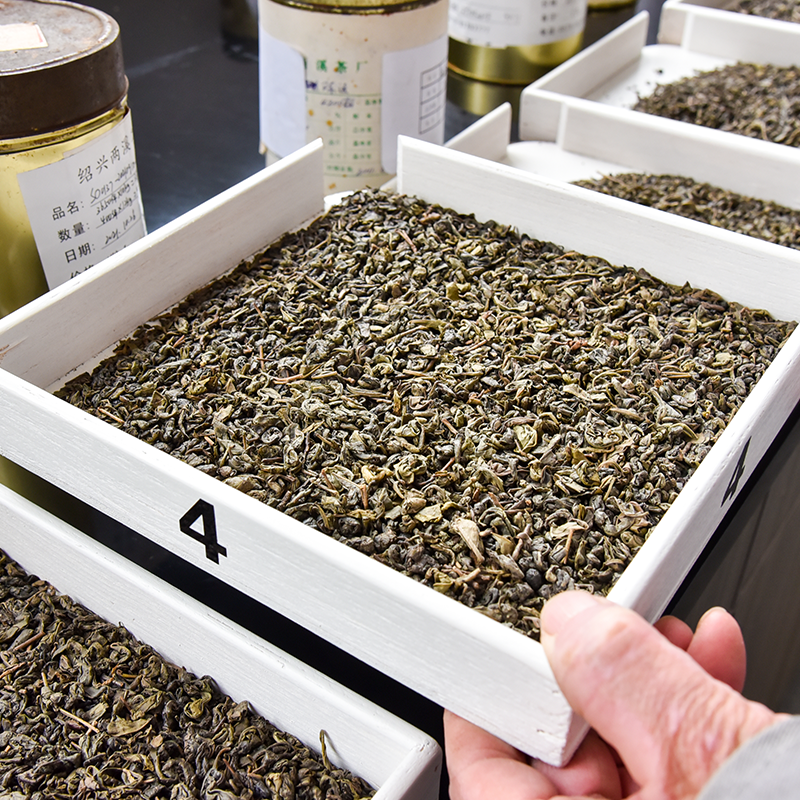
The Environmental Impact of Organic China Green Tea
As environmental sustainability becomes a more significant factor in consumer decisions, many people are opting for products that align with their values of reducing environmental harm and promoting sustainability. Organic tea, including organic China green tea like Chunmee 9366, offers several advantages from an environmental perspective that make it a highly attractive option for eco-conscious consumers.
1. Sustainable Farming Practices
Organic farming relies on practices that prioritize soil health, water conservation, and ecological balance. Unlike conventional farming, which may use synthetic fertilizers and pesticides that can harm the environment, organic farming uses natural methods to control pests, enhance soil fertility, and reduce water consumption. These sustainable practices help preserve the health of the ecosystem and ensure that tea production does not degrade the land.
For instance, organic tea farms often engage in crop rotation, intercropping, and the use of compost to maintain soil fertility. These techniques are designed to reduce the need for synthetic fertilizers, which can leach into nearby water sources and cause pollution. The use of natural pest control methods also promotes biodiversity, as opposed to the monoculture practices that are often employed in conventional tea farming.
Tea consumers who are passionate about the environment may be drawn to organic tea bags wholesale because they know the tea was grown without harmful chemicals or practices that contribute to environmental degradation. Supporting organic tea farms means investing in long-term sustainability, which helps maintain the planet’s resources for future generations.
2. Biodiversity Preservation
Organic farming tends to have a smaller environmental footprint and contributes to the preservation of biodiversity. Tea farms that operate under organic standards are less likely to use pesticides or herbicides, which can decimate local wildlife populations, including beneficial insects like bees, butterflies, and other pollinators. By opting for organic practices, tea farmers contribute to the preservation of these vital species, which in turn supports a healthier ecosystem.
Moreover, many organic tea farms are located in ecologically sensitive areas, such as mountainous regions or lush valleys, where tea plants thrive in diverse, natural habitats. By protecting these areas from harmful agricultural practices, organic tea farming helps preserve the surrounding flora and fauna.
By purchasing organic tea bags wholesale, tea retailers can align themselves with brands that prioritize environmental stewardship and contribute to the conservation of biodiversity.
The Role of Organic Tea Bags Wholesale in Retail
As consumer demand for organic tea continues to grow, wholesale suppliers of organic tea bags play an essential role in helping tea retailers meet this demand. Wholesale purchasing allows retailers to stock their shelves with high-quality organic tea while benefiting from lower costs and a more streamlined supply chain.
1. Cost-Effective and Efficient Supply Chain
Purchasing organic tea bags wholesale allows tea retailers to reduce costs by buying in bulk. Bulk purchasing typically offers significant discounts, helping retailers maintain competitive pricing while still providing premium organic products. In addition, buying wholesale simplifies inventory management, as retailers can work directly with suppliers to ensure they always have stock on hand to meet consumer demand.
This efficiency is crucial for retailers, especially small or mid-sized tea shops that do not have the resources to produce their own tea bags or manage extensive supply chains. By partnering with reliable wholesale suppliers, these retailers can focus on curating a diverse selection of organic teas while benefiting from economies of scale.
2. Expanding the Product Range
Another benefit of organic tea bags wholesale is the ability to offer a wider range of organic products. Wholesale suppliers often provide a variety of organic tea types, including popular choices like organic China green tea, black tea, herbal infusions, and specialty blends. This variety allows retailers to appeal to a broad spectrum of consumers with different tastes and preferences.
By diversifying their organic tea offerings, retailers can attract a wider customer base and meet the growing demand for organic products. Consumers who are committed to a holistic and natural lifestyle are likely to appreciate the expanded selection of organic teas available, which can drive repeat business.
3. Building Customer Loyalty
Retailers who commit to offering organic products can build stronger relationships with customers who prioritize sustainability and health. Customers are more likely to return to businesses that reflect their values, and organic tea is no exception. By offering organic tea bags wholesale, retailers signal their commitment to providing high-quality, eco-conscious products, which helps foster brand loyalty.
As the organic tea market continues to expand, retailers who embrace the organic trend early are well-positioned to become trusted sources of high-quality organic tea. By offering a consistent supply of organic teas like organic China green tea, retailers can cultivate a loyal customer base that values both the health benefits and environmental impact of their purchases.

Market Trends and Future Outlook
Looking forward, the market for organic tea is expected to continue expanding as consumer awareness of health and sustainability issues increases. Trends such as greater demand for transparency in sourcing and eco-friendly packaging will shape the future of the organic tea industry.
1. Increased Consumer Demand for Transparency
Consumers are increasingly seeking transparency about where their products come from and how they are produced. This demand for transparency is particularly strong in the food and beverage sector, where consumers want to know if the products they purchase are ethically sourced and produced without harm to the environment. Organic certification provides consumers with assurance that the tea they buy meets rigorous standards for sustainability, chemical-free farming, and ethical labor practices.
2. Expanding Market for Eco-Conscious Consumers
As more consumers prioritize sustainability in their purchasing decisions, the market for eco-friendly products, including organic tea bags, will continue to grow. Tea retailers that offer organic teas in eco-friendly packaging, such as biodegradable tea bags or compostable boxes, will be better positioned to meet this demand. Moreover, retailers who advocate for environmental sustainability by supporting fair trade practices, reducing their carbon footprint, and supporting local communities will attract more eco-conscious consumers.
Conclusion
The growing demand for organic tea bags wholesale is not just a passing trend; it reflects a deeper cultural shift towards health, sustainability, and environmental consciousness. By offering high-quality organic teas at competitive wholesale prices, retailers can tap into a burgeoning market of eco-conscious and health-focused consumers. From the health benefits and better taste to the reduced environmental impact and cost-effective supply chain advantages, organic tea bags wholesale are indeed the future of tea retail. As the market evolves, retailers who embrace these products will be well-positioned to meet the needs of an increasingly discerning consumer base, paving the way for a greener, healthier, and more sustainable future in the tea industry.







